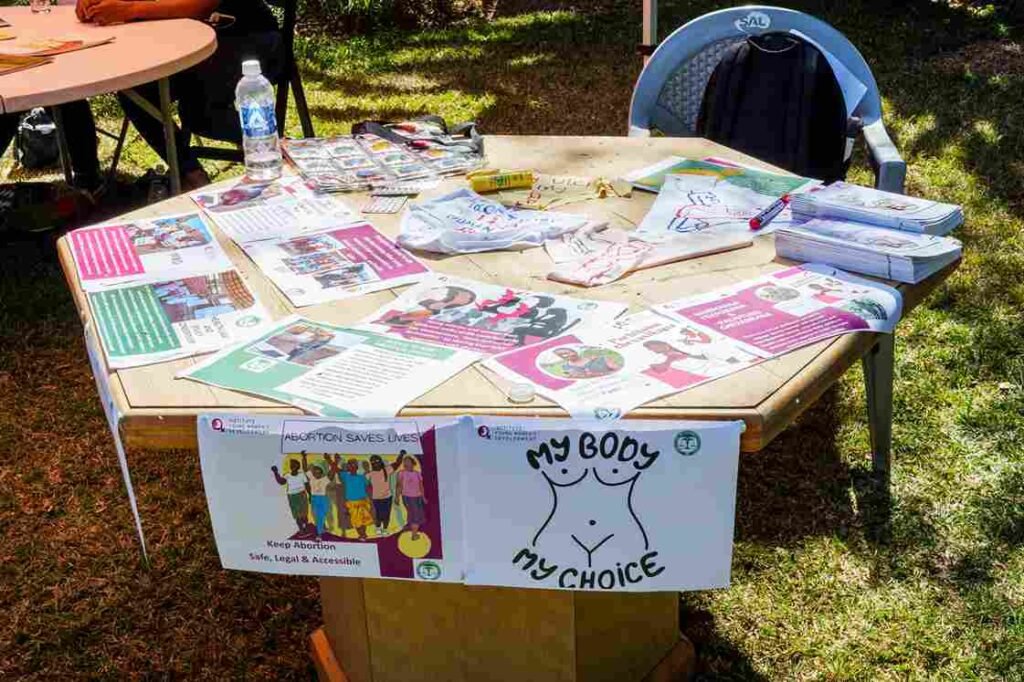For many families and communities, faith is a guiding force that shapes values, traditions, and relationships. At the same time, identity—who we are, who we love, how we experience the world—is deeply personal and worthy of respect.
When religious beliefs seem at odds with diverse identities, tension, pain, and exclusion can arise. But faith and identity do not have to be in conflict.
This guide offers practical insights and strategies to help families and religious communities foster empathy, understanding, and inclusion—so that all people, regardless of gender identity or sexual orientation, can belong and thrive.
Acknowledge & Understand Complexity
Faith traditions are diverse and evolving. Beliefs about gender and sexuality vary across time, culture, and interpretation. Recognizing this complexity is key to building communities rooted in love and belonging.
-
Reflect on Personal Beliefs: Explore how your religious background has shaped your views. Do your beliefs align with the core values of love, dignity, and justice?
-
Recognize Diverse Perspectives: Many theologians and faith leaders offer affirming interpretations of sacred texts that include LGBTQIA+ people.
-
Focus on Shared Values: Most religious traditions center values like compassion and justice. These can serve as common ground for inclusion.
Educate Yourself & Your Community
Exclusion often stems from misunderstanding. Education can break down fear, correct myths, and create spaces of healing.
-
Learn from Lived Experience: Listen to stories of those navigating both faith and identity. Real-life perspectives create empathy.
-
Study Inclusive Theology: Many religious scholars are working to reconcile sacred texts with the dignity of all people. Their work can help reframe harmful narratives.
-
Encourage Open Conversations: Host respectful dialogues in homes and congregations. Creating space to listen, ask questions, and reflect helps everyone grow.
Respect the Intersection of Faith & Identity
No one should have to choose between their faith and being their authentic self.
-
Support Individuals on Their Journey: Many queer people continue to seek spiritual fulfillment. Help build environments where that is possible.
-
Avoid Imposing False Choices: Faith and identity are not mutually exclusive. Allow your child or community member to embrace both.
-
Be Compassionate: Everyone’s reconciliation journey is different. Show patience and grace as they walk their path.
Challenge Harmful Narratives & Practices
Faith should never be used as a weapon. Harmful teachings can cause deep damage and must be addressed with courage and care.
-
Recognize Harm: Teachings that condemn or exclude queer people can create psychological harm and spiritual trauma.
-
Speak Out: Public shaming, forced isolation, or attempts to “change” someone’s identity are violations of dignity and must be rejected.
-
Support Progressive Religious Movements: Many communities are working to reform traditions from within. Back their efforts.
Lead With Love, Compassion & Empathy
At the heart of most faith traditions is a call to love, welcome, and serve.
-
Practice Unconditional Love: Express acceptance through words and action. Belonging matters.
-
Listen and Validate: Queer people who’ve been excluded from faith communities may carry deep wounds. Your empathy can be healing.
-
Support Without Judgment: Don’t try to “fix” anyone. Offer strength, hope, and affirmation instead.
Avoid Exclusion, Coercion & Harmful Practices
Even well-meaning actions can be damaging if they aim to suppress identity or force conformity.
-
Respect Privacy: Never share someone’s identity without their permission. Outing someone can put them at risk.
-
Reject Coercive Prayers: Prayers meant to “change” someone’s identity are not spiritual care—they’re emotional violence. Offer prayers for strength, not correction.
-
Condemn Conversion Therapy: So-called “conversion therapy” is widely discredited and deeply harmful. Speak out against it in your community.
Build an Inclusive Religious Community
Faith spaces can be sanctuaries of healing and joy when everyone is seen, respected, and loved.
-
Use Inclusive Language: In sermons, youth groups, and religious texts, use language that affirms everyone’s identity.
-
Support Inclusive Leaders: Celebrate and elevate faith leaders who advocate for LGBTQIA+ inclusion.
-
Honor Diversity: Religious communities are strongest when all voices and stories are welcomed. Let diversity enrich your faith.
Download a PDF version of this guide below.


